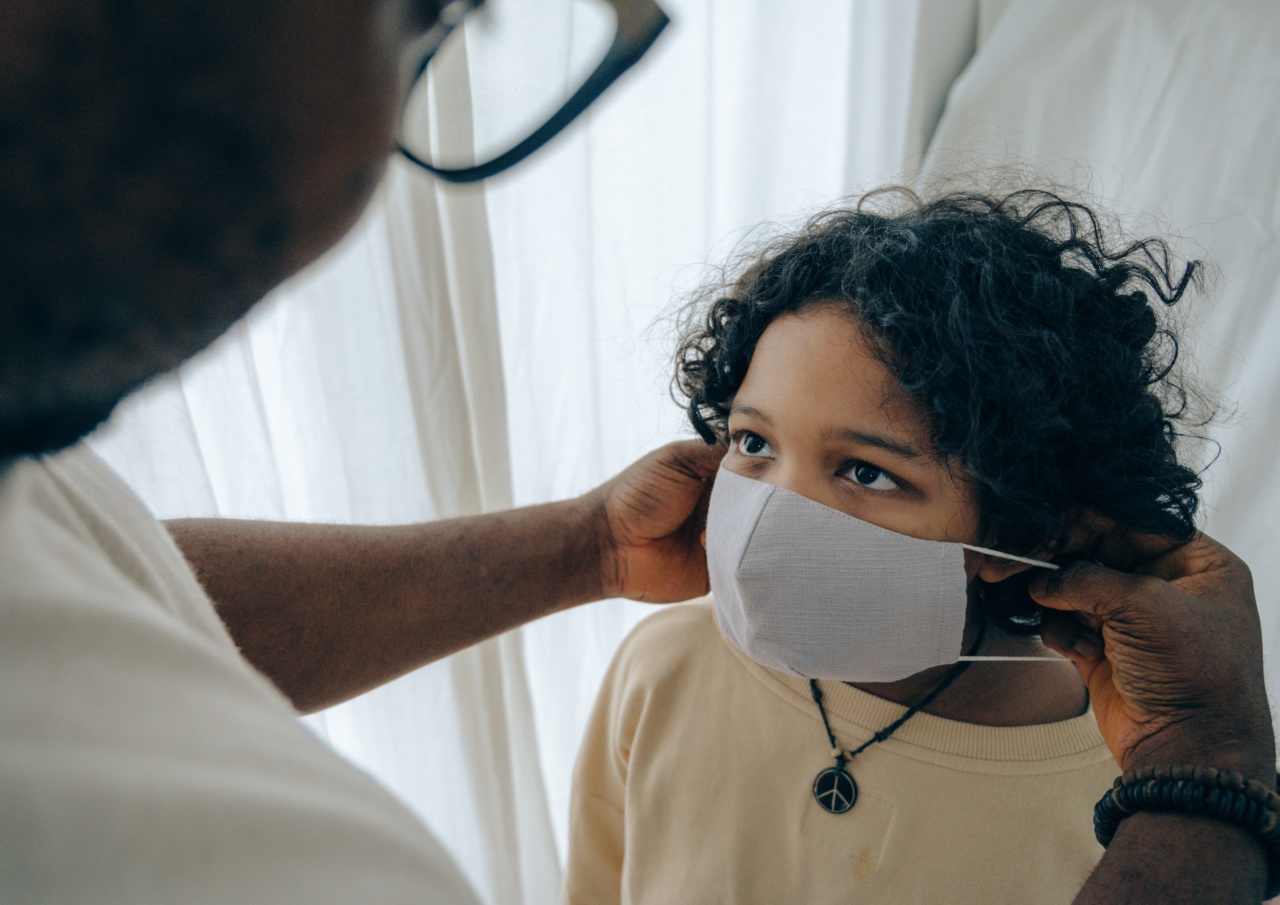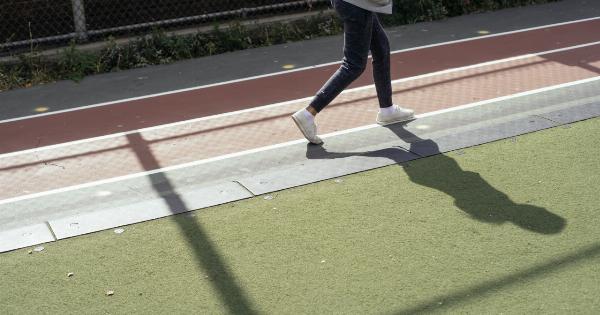Kindergarten is a time of excitement and exploration for children, but it can also be a time of exposure to germs and viruses. With so many children in a close environment, it is easy for illnesses to spread quickly.
To help keep your child healthy, here are some tips for protecting them from viruses in kindergarten:.
1. Teach Your Child to Wash Their Hands Regularly
One of the easiest and most effective ways to reduce the risk of your child getting sick is to teach them to wash their hands properly and regularly. Regular hand washing can help to prevent the spread of germs and viruses.
Make sure that your child knows how to wash their hands with soap and water for at least 20 seconds, and encourage them to do so before eating, after sneezing or coughing, and after using the restroom.
2. Teach Your Child to Cover Their Mouth and Nose When Sneezing or Coughing
Coughing and sneezing are common ways that viruses are spread, so it is important to teach your child to cover their mouth and nose when they sneeze or cough. Teach them to use a tissue or to cough or sneeze into their elbow rather than their hands.
3. Keep Your Child Home When They Are Sick
If your child is showing signs of illness, such as a fever, cough, or runny nose, it is important to keep them home from school until they are feeling better. This can help to prevent the spread of illnesses to other children in the kindergarten.
4. Practice Good Hygiene at Home
Good hygiene habits can also help to protect your child from viruses at home.
Make sure that you regularly clean and disinfect surfaces that are touched frequently, such as doorknobs and light switches, and encourage your child to cover their mouth and nose when they sneeze or cough at home too.
5. Make Sure Your Child is Up to Date on Their Immunizations
Immunizations are an important way to protect your child from serious and sometimes deadly illnesses, such as measles and whooping cough. Make sure that your child is up to date on all their recommended immunizations before they start kindergarten.
6. Encourage Your Child to Avoid Touching Their Face
Touching the face, especially the mouth, nose, and eyes, is a common way that viruses enter the body.
Encourage your child to avoid touching their face as much as possible, and teach them to use a tissue or their elbow if they need to wipe their nose or eyes.
7. Provide Your Child With a Healthy Diet and Adequate Sleep
A healthy diet and enough sleep can help to boost your child’s immune system and reduce their risk of getting sick.
Make sure that your child is getting plenty of fruits and vegetables, lean protein, and whole grains, and that they are getting enough sleep every night.
8. Encourage Your Child to Drink Water Throughout the Day
Drinking plenty of water can help to keep your child hydrated and flush toxins from their body. Encourage your child to drink water throughout the day, and send a water bottle to school with them so that they can stay hydrated during the day.
9. Make Sure Your Child’s School Has Appropriate Cleaning Protocols in Place
Make sure that your child’s kindergarten has appropriate cleaning protocols in place to help reduce the spread of germs and viruses.
Find out how frequently the classrooms and common areas are cleaned and disinfected, and ask about the products that are used for cleaning.
10. Talk to Your Child’s Teacher About Any Concerns
If you have any concerns about your child’s health or the cleanliness of their kindergarten, don’t hesitate to talk to their teacher or the school administration.
They may be able to give you additional tips and information for protecting your child.




























